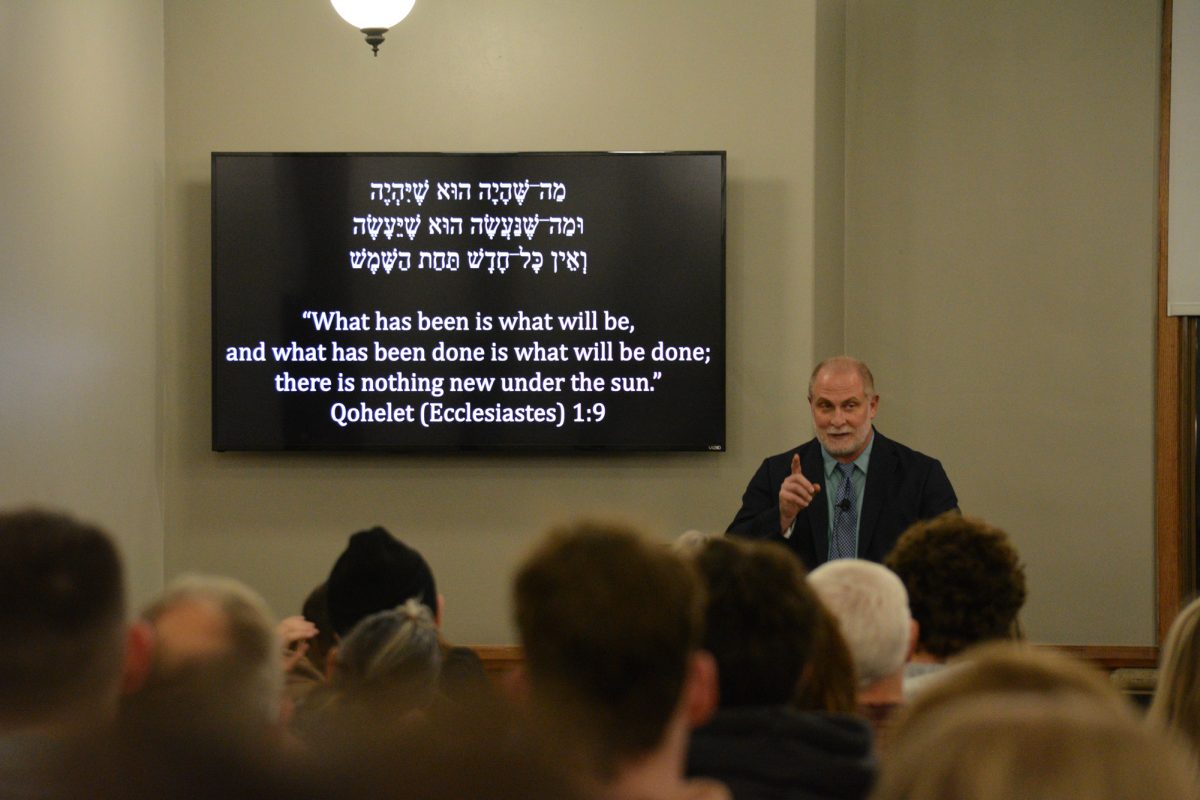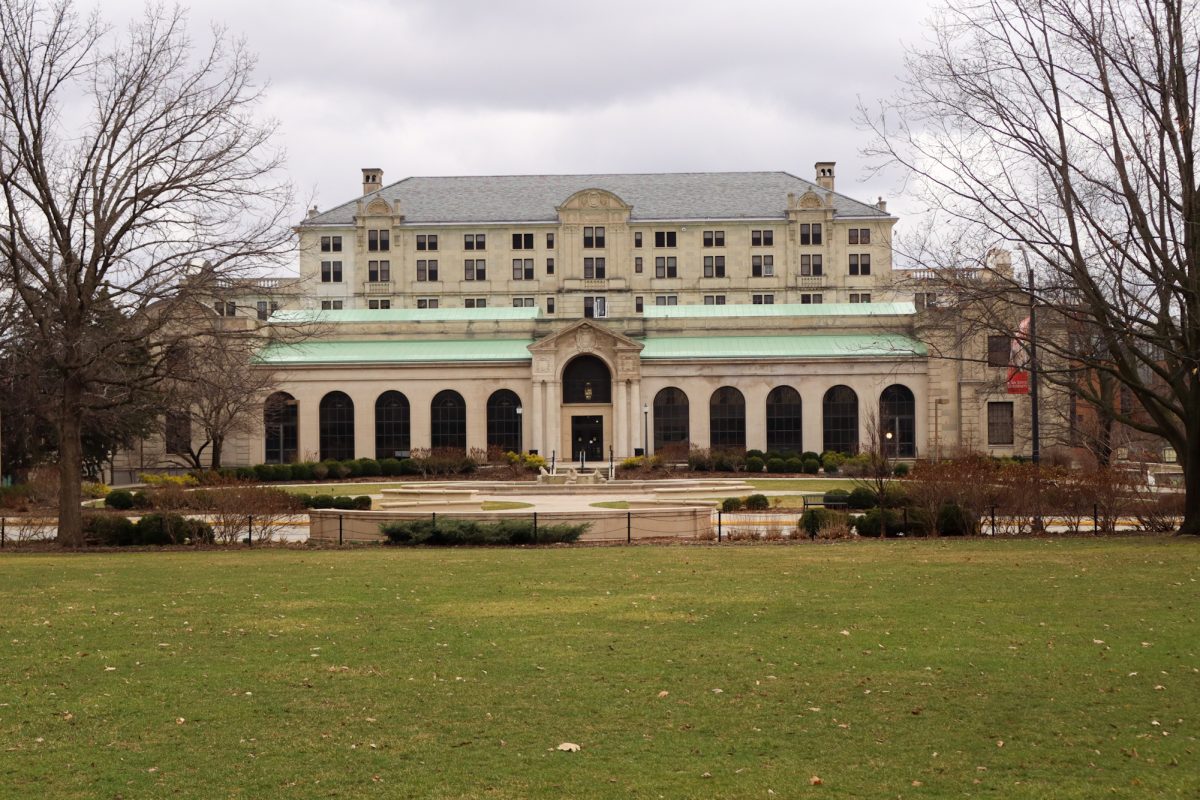Iowa State welcomed Robert Cargill, Ph.D., for a lecture titled Ancient Origins of Religious Conflict, offering a sweeping exploration of how history shapes modern disputes. The lecture wove together narratives from the Balkans, Myanmar, Syria and the Middle East, connecting centuries-old events to today’s challenges.
Cargill opened by explaining the term “balkanization,” born from the breakup of Yugoslavia. He described the region as a crossroads of religion and politics, where competing faiths—Islam, Catholicism and Orthodox Christianity—often collided.
“Communism forced them together, but its fall reignited old tensions,” Cargill said. “The result was bitter wars and the violent reshaping of nations.”
The conversation moved to Myanmar and the persecution of Rohingya Muslims, a group Cargill called “the world’s most persecuted ethnic minority.” He explained their statelessness, tracing it back to policies enacted after British rule.
“More than 600,000 Rohingya have fled to Bangladesh, their basic rights stripped away,” Cargill said.
Turning to Syria, Cargill outlined the ongoing civil war, which he linked to the aftermath of the Arab Spring.
“Estimates of civilian deaths are between 200,000 and 300,000,” Cargill said. “These staggering losses are often overlooked, even as the conflict continues to rage.”
A large portion of the lecture focused on the Israel-Palestine conflict, emphasizing its historical complexity. Cargill stressed the importance of stepping away from oversimplifications.
“History can’t be boiled down to memes or chants,” Cargill said. “You can only understand it by looking at the facts—all of them.”
He highlighted archaeological finds and records dating back to ancient times, pointing to their role in piecing together the region’s layered history.
Cargill concluded with a call for dialogue.
“You can support both Palestine and Israel—it’s not impossible,” Cargill said. “But real progress requires us to keep talking and learning.”
By the end of the evening, attendees left with more than a history lesson. The lecture urged them to reconsider their assumptions and engage with difficult truths, grounded in context and curiosity.








